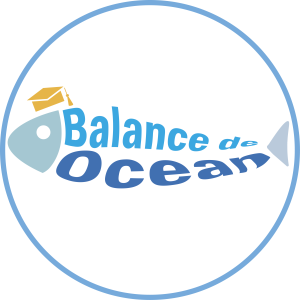Interview with Dr. YAMAGUCHI
Syarat penyelesaian
Content transcription
I research plankton.
Right now, sea ice is melting at an unprecedented rate in the Arctic Ocean. This can be attributed to global warming, and its effects are being felt by marine life. The most affected organisms are plankton, which are lower-order organisms with short generation times.
The plankton laboratory at Hokkaido University has so far analyzed samples from two consecutive years of previous visits by the Oshoro-Maru to the Arctic Ocean. Predation pressure from gelatinous zooplankton such as jellyfish is also thought to be significant.
The data taken during the current cruise will be compared with those from past environments.
The second is to estimate the impact of gelatinous zooplankton jellyfish on marine ecosystems by quantifying the impact of jellyfish on other organisms through image analysis (i.e., lowering an underwater camera on site or using a towed image analyzer that can capture images at short time intervals (about eight frames per second)).
Other research is done by taking dormant cells from phytoplankton and mud on the sea floor as seeds and bringing them back to the laboratory to be cultured.
In summary, we will research both the changes in marine ecosystems caused by the reduction of sea ice and the feeding impact of jellyfish.
Terakhir diubah: Kamis, 9 November 2023, 18:37

